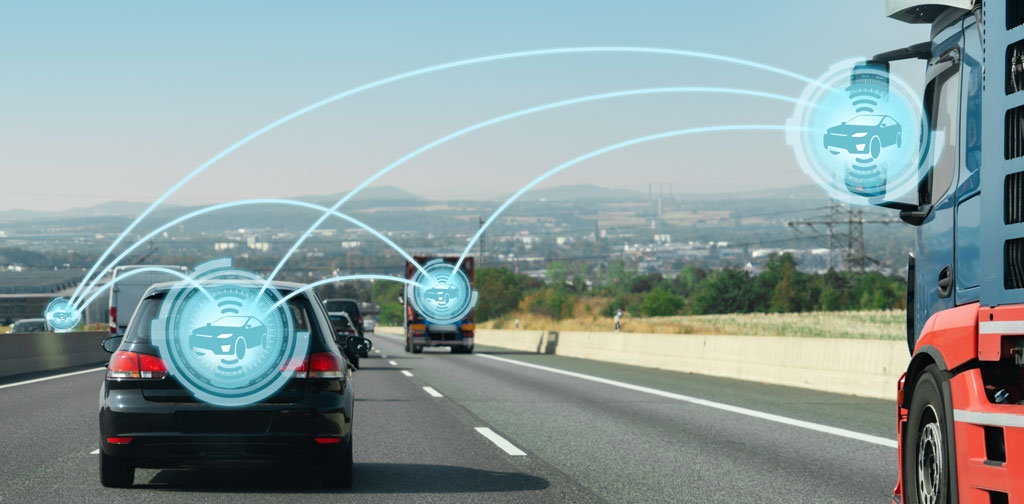
5G technology is ushering in a new era of high-speed, low-latency connectivity that promises to revolutionize the automotive industry. This advanced network enables faster data transfer rates, superior reliability, and enhanced vehicle communication, laying the groundwork for a new age of smart, connected vehicles. Experts predict that the automotive 5G market will grow by over 25% annually over the next decade. The impact of 5G technology on vehicle connectivity, autonomous driving capabilities, and the future of transportation is poised to be profound.
5G Connectivity in Automotive Industry
5G technology significantly improves Vehicle-to-Vehicle (V2V) and Vehicle-to-Infrastructure (V2I) communication, ensuring smoother traffic flow and enhanced road safety. Real-time data exchange between vehicles and surrounding infrastructure facilitates instant sharing of road conditions, traffic updates, and hazard warnings. This seamless communication is pivotal in reducing accidents and optimizing driving efficiency.
Infotainment systems have also been transformed by 5G, offering passengers high-speed access to streaming services, real-time navigation, and online gaming. The integration of augmented reality (AR) with 5G allows for AR dashboards and heads-up displays, providing drivers with critical information like navigation and hazard alerts directly on the windshield.
Autonomous Driving and 5G
The low latency of 5G is crucial for the safe operation of autonomous vehicles, enhancing sensor integration and ensuring faster response times. Autonomous vehicles rely heavily on sensors such as lidar, radar, and cameras. The integration of 5G enhances these systems, enabling them to process data in real time and make quick decisions, thereby improving accuracy and safety.
5G technology also streamlines fleet management by facilitating the coordination of both autonomous and driver-operated vehicle fleets. Fleet managers can monitor vehicle status in real-time, optimize routes, and improve energy efficiency, making it an indispensable tool for the future of transportation.
Challenges in 5G Implementation
While the potential benefits of 5G in the automotive industry are immense, several challenges remain. The widespread deployment of 5G networks requires significant investment and infrastructure development, particularly in rural and underdeveloped areas. Additionally, increased connectivity heightens the need for robust cybersecurity measures. As connected vehicles become more common, they could become targets for cyberattacks, making data protection and privacy paramount.
5G technology is set to transform the automotive industry by enhancing vehicle connectivity and enabling safer, more efficient driving. The integration of 5G in autonomous vehicles, infotainment systems, and fleet management will redefine the future of transportation. While infrastructure development and cybersecurity challenges must be addressed, the potential of 5G technology in the automotive sector is undeniable.
Source: https://www.cbtnews.com/how-5g-connectivity-will-transform-the-automotive-industry

































